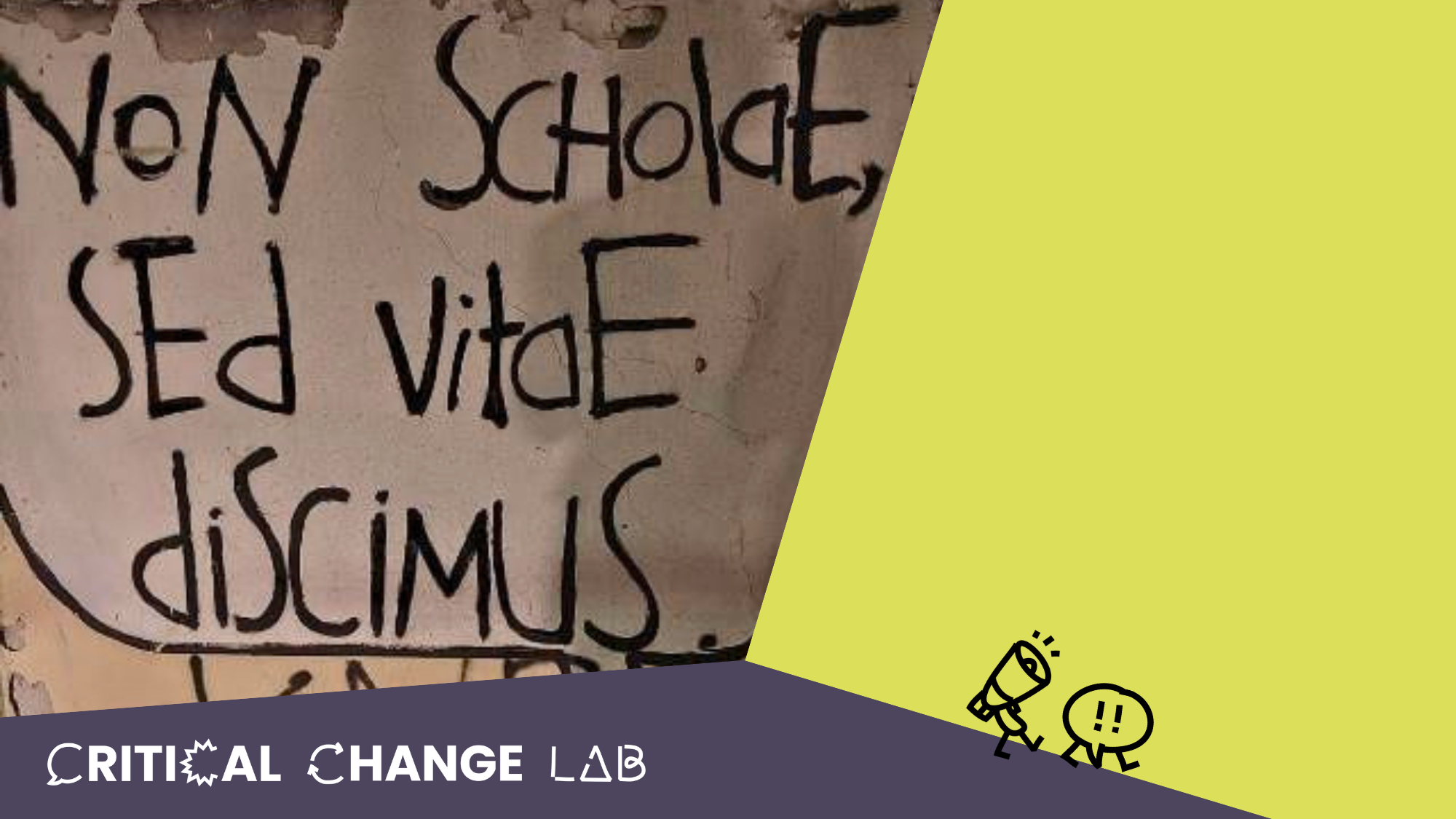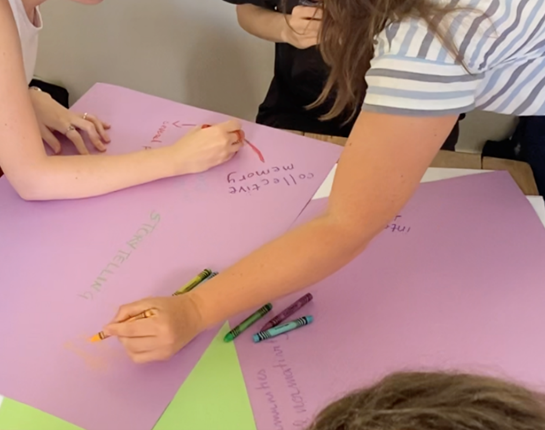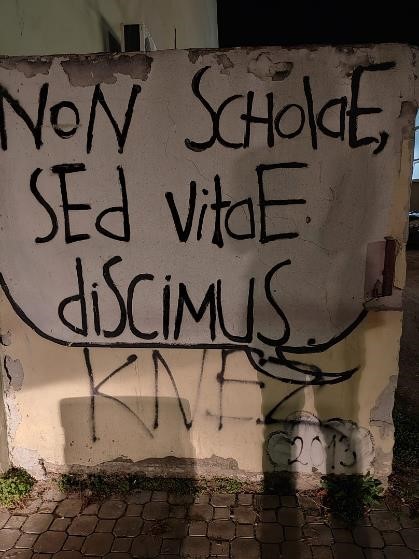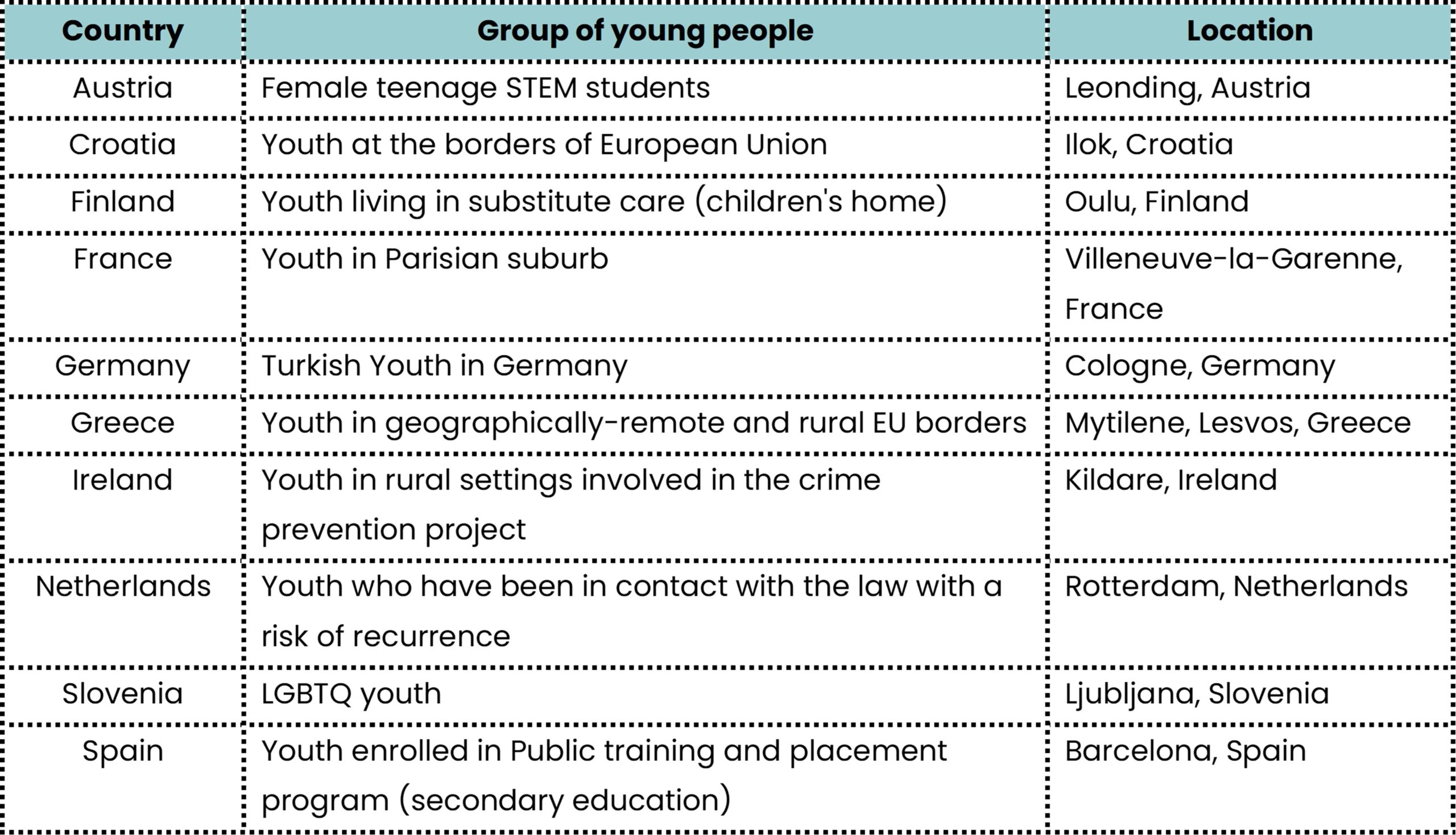What is it like to be young today? What are the challenges young people face in today’s society? How do young people feel about democracy? Do they feel they can make a difference in their community? How do they see their future and the future of their community? To answer these and other questions related to the perspectives, obstacles and opportunities for young people to participate in activities that foster democratic competences, ten case studies were conducted in ten European countries. These case studies focused on groups of young people living in challenging contexts for the development and practice of democracy. They consisted of focus groups with young people, interviews with individuals working with the target group, and a mini-ethnography consisting of analysis of secondary sources, reflective journals, and visual data collected by the researchers.
Researchers from Austria, Croatia, Finland, France, Germany, Greece, Ireland, the Netherlands, Slovenia, and Spain spoke with young people between the ages of 11 and 29 from different contexts, with different facets of identity, and facing specific challenges. The selected cases include rural settings, small towns, national capitals, locations on the southern and eastern borders of the European Union, and European metropolises such as Paris, Berlin and Barcelona. The groups range from migrant youth to LGBTQ youth, to youth living in substitute care, to youth involved in crime prevention programs.
To foster a sense of agency
Over the coming months, the data collected, which includes rich descriptions of young people’s experiences, will allow the Critical ChangeLab team to analyze national cases and compare results across countries to find out what it means to be young today: young people’s sense of community identity, their views on democracy and participation, and their perspectives on the future.
What already can be said after a preliminary review of the case studies is, that it is important to amplify the voices of young people not only in their local community, but also in their national and wider European context. In addition, educational institutions should engage in meaningful interactions with the community to further enhance young people’s participation and impact on their environment. Through initiating a community ecosystem everyday democracy can sustainably be implemented in young people’s live and further increase their sense of agency.
Join our newsletter to continue to be updated on what we’re up to at #CriticalChangeLab. We’ll always keep it interesting, and only send you updates for as long as you want us to.




